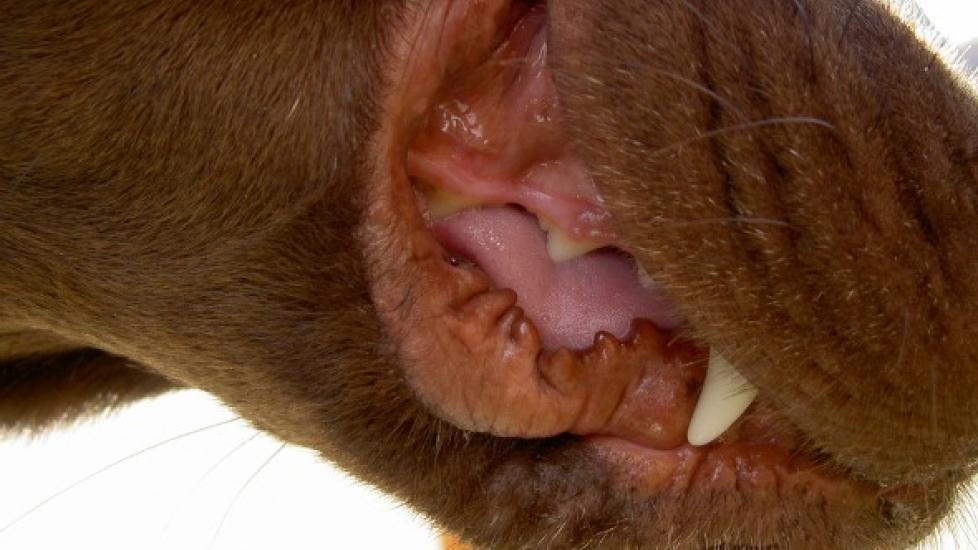Title: Understanding and Managing Swollen Gums in Your Furry Friend
Introduction:
As a pet owner, it’s natural to want the best for your furry companion. One common issue that can affect dogs is swollen gums, which may be accompanied by pain, bleeding, or an unpleasant odor. While this condition might seem minor at first glance, it could indicate underlying health problems if left untreated. In this article, we will delve into the causes of swollen gums in dogs, explore symptoms to watch out for, and provide practical strategies to manage and prevent this dental distress.
Causes of Swollen Gum Issues:
1. Periodontal Disease: Plaque buildup leads to gum inflammation (gingivitis), which progresses to periodontitis with time. This severe form damages the supporting structures around teeth, leading to swelling and potential tooth loss.
2. Infection: Bacteria from poor oral hygiene can cause infections within the gum line, resulting in swelling and discomfort.
3. Bruxism: Some dogs grind their teeth during sleep due to anxiety or other reasons, potentially damaging the gums over time.
4. Hormonal Imbalance: Conditions like Cushing’s disease or hypothyroidism can lead to changes in metabolism that impact oral health, contributing to gum issues.
5. Dietary Factors: Insufficient nutrients in food or allergies to certain ingredients can contribute to gum sensitivity and swelling.
6. Inherited Predisposition: Just as humans inherit traits from their parents, dogs can have genetic predispositions towards dental diseases that manifest through swollen gums.
Symptoms to Look Out For:
1. Redness and irritation of the gums
2. Bleeding when brushing teeth or eating hard foods
3. Bad breath
4. Reluctance to eat or chew normally
5. Drooling or chewing on objects excessively
6. Lethargy or decreased appetite
7. Receded gums, loose or missing teeth
Prevention and Management Strategies:
1. Regular Dental Care: Daily brushing with specially formulated doggy toothpaste and regular veterinary cleanings are essential.
2. Dietary Considerations: Feeding high-quality dry kibble can help reduce tartar formation and improve overall dental health.
3. Supplements: Adding dental chews or special treats designed to promote healthy gums can complement daily care routines.
4. Veterinary Checkups: Schedule regular checkups with your vet to catch early signs of gum problems before they worsen.
5. Hormone Therapy: If necessary, hormonal imbalances should be addressed under veterinary guidance.
6. Stress Relief: Minimize stress triggers in your dog’s environment to reduce the likelihood of bruxism and its associated damage.
Conclusion:
By recognizing the causes of swollen gums in dogs and implementing preventive measures, you can ensure your beloved pet enjoys good oral health throughout their life. It’s crucial to remain vigilant about any abnormalities and consult with a veterinarian promptly if concerns arise. Remember, a little extra effort now can go a long way toward maintaining your pup’s well-being and happiness!
